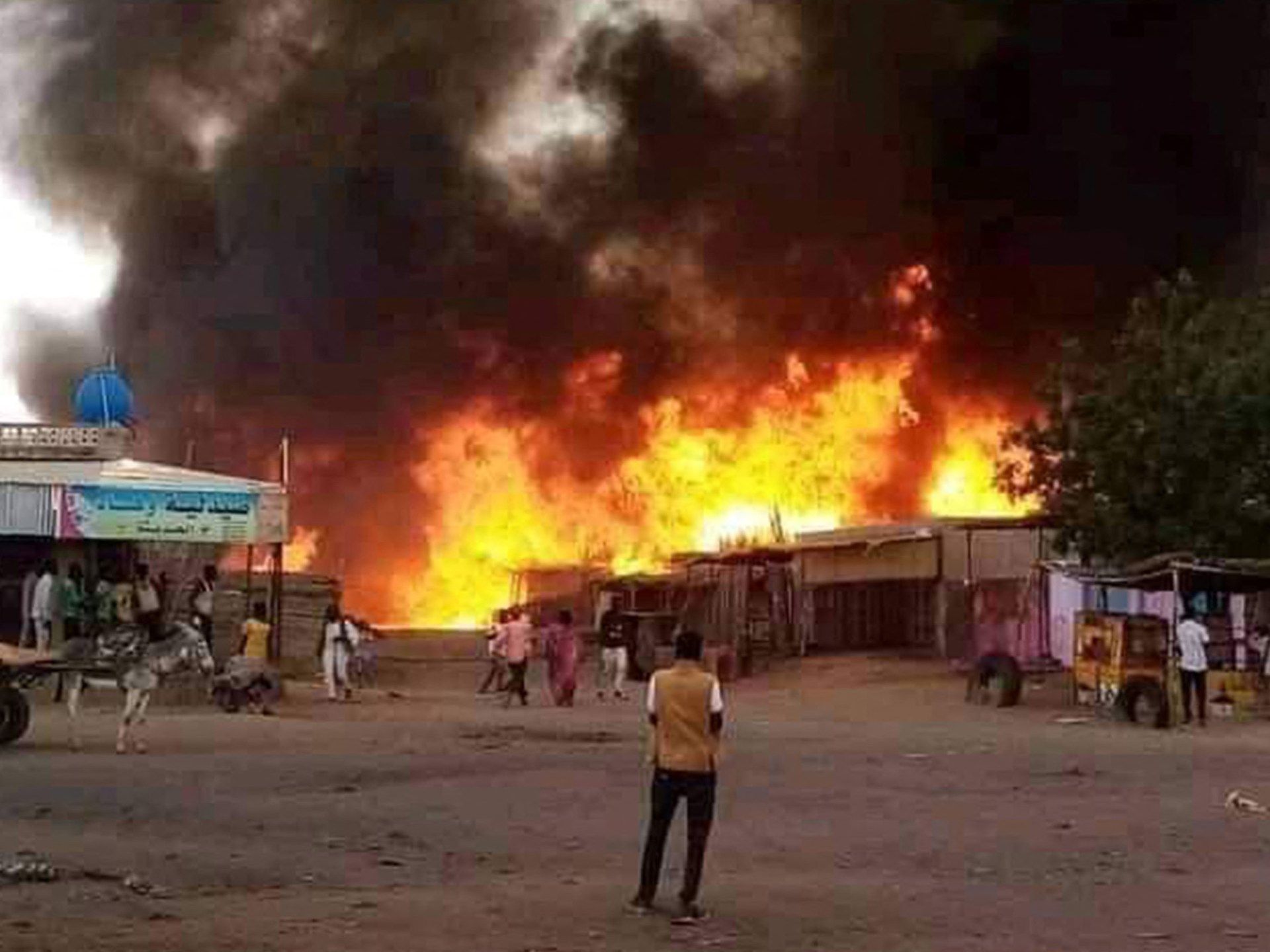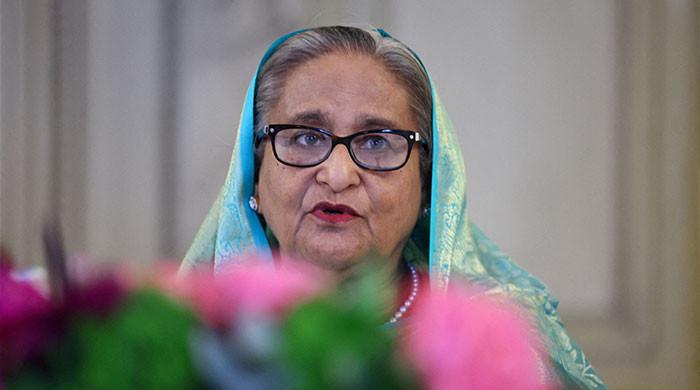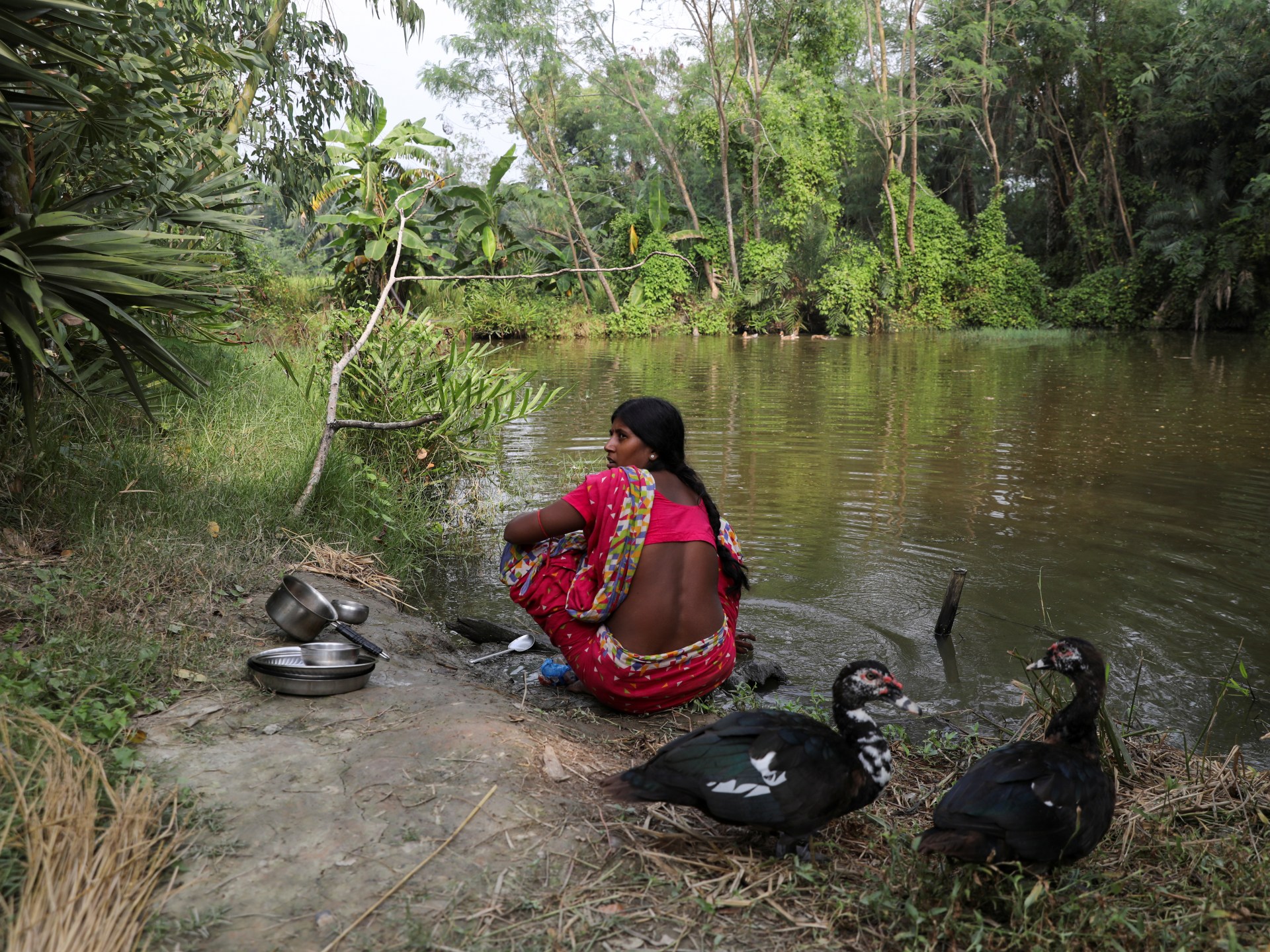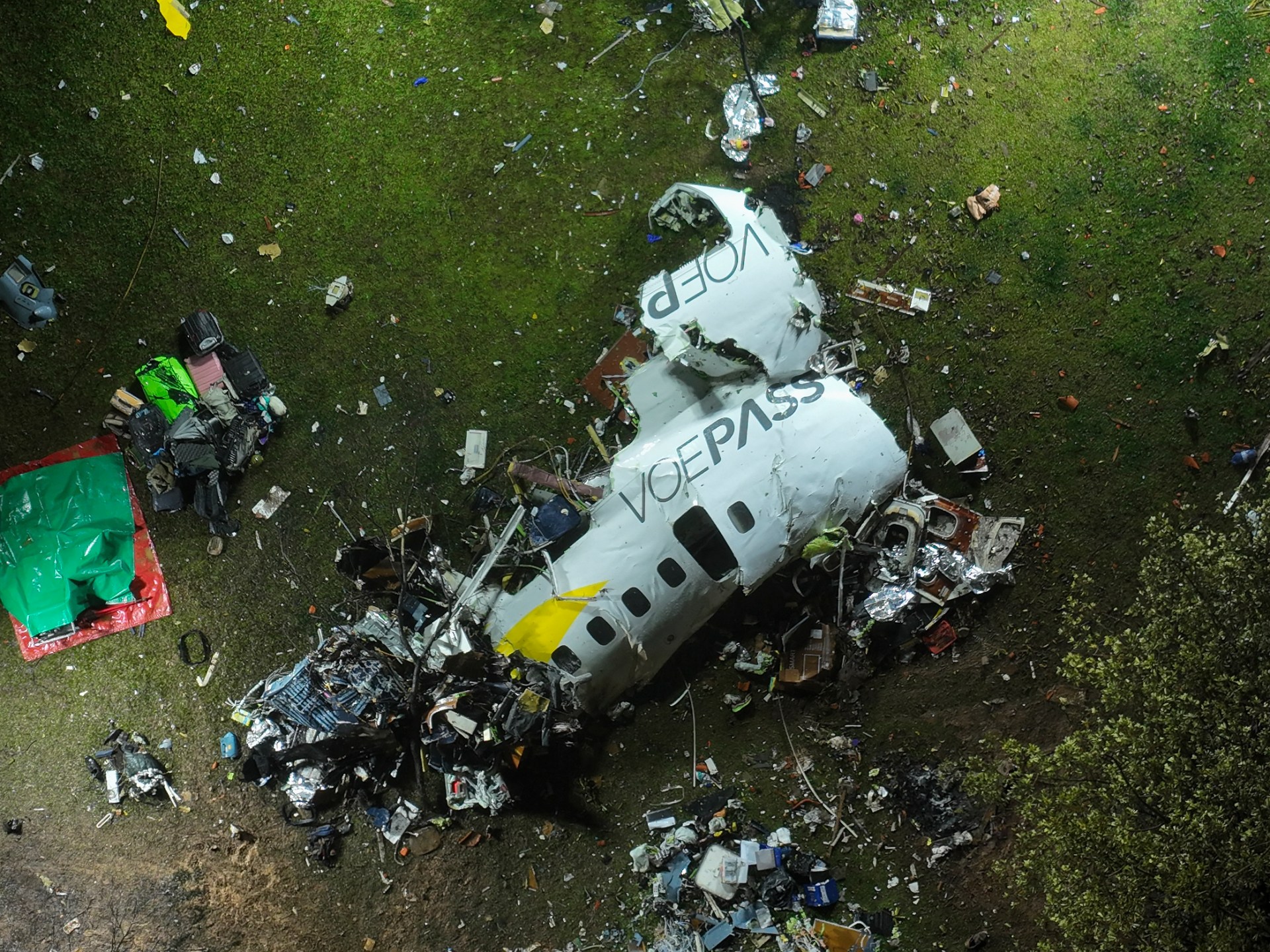Charity says more than 900 injured in the capital of North Darfur province in fighting between the Sudanese army and the RSF.
More than 100 people have been killed in just over two weeks in a major city in Sudan's Darfur region, an aid group said, as the Sudanese Armed Forces (SAF) and allied armed groups are locked in fierce fighting against the paramilitary Rapid Support Forces. (RSF).
At least 134 people have been killed and more than 900 injured since May 10 in El Fasher, the capital of North Darfur, Doctors Without Borders (MSF) reported on Sunday.
One of the victims, a security guard at the MSF pharmacy in El Fasher, died of his injuries in a hospital after a shelling hit his home on Saturday.
“The number of dead and injured increases every day as intense fighting continues,” the group said in a statement. “We urge the parties to the conflict to do more to protect civilians.”
El-Fasher has seen fierce new fighting as the RSF pushes harder to take control. The city is the last remaining capital in the Darfur region that has not fallen into the hands of the paramilitary group. It is also home to the last garrison of the Sudanese Armed Forces in the region. Earlier this month, the RSF laid siege to the city and launched a major attack on its southern and eastern parts.
To repel the paramilitary group's advance toward El Fasher, two former Darfur rebel leaders, Minni Minnawi and Jibril Ibrahim, broke months of neutrality by siding with the Sudanese Armed Forces last November.
The RSF emerged from what rebel groups call the “Janjaweed,” an Arab force that killed thousands of non-Arabs in Darfur during the war in the region, which began in 2003 and ended with a peace deal in 2020.
“The world is silently watching what is happening in Fasher… as if it were a scene from a fictional action movie,” Minnawi said in a Facebook message on Sunday. “The operation is being carried out by the same people who carried out the ethnic cleansing and genocide in 2003,” she said.
Sudan has been embroiled in a brutal conflict since April last year, when a simmering rivalry between Sudanese Armed Forces General Abdel Fattah al-Burhan and RSF chief Mohamed Hamdan “Hemedti” erupted into a open war.
While much of the early fighting took place around the capital, Khartoum, it quickly spread to other parts of the country, including the southwestern state of Darfur. There, it quickly took on an inter-ethnic dimension as old rivalries linked to the previous war that began in 2003 resurfaced.
More than a year of war has killed 14,000 people, according to United Nations estimates. The conflict has forced some nine million people to flee their homes and pushed sections of the population to starve. According to the World Food Programme, almost five million people are on the brink of famine.
Observers have long warned that the fall of el-Fasher would further deteriorate an already dire humanitarian situation in Darfur.
“Sudan is the biggest famine [in the world] and the epicenter of that famine is the Darfur region, which is being devastated by the Rapid Support Forces as they ravage it,” Alex de Waal, executive director of the World Peace Foundation, told Al Jazeera.
“[They’re] attacking him [el-Fasher]starving him and threatening another disaster in this terrible war,” he said.












